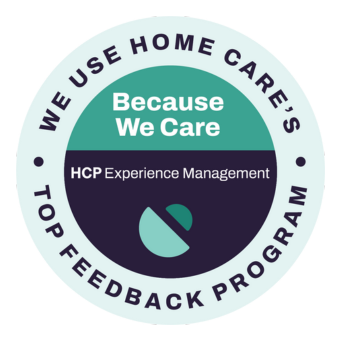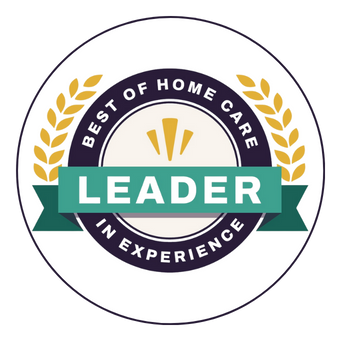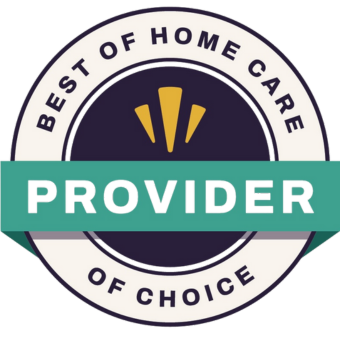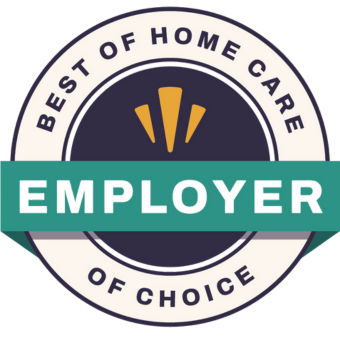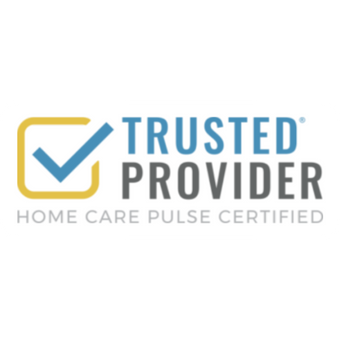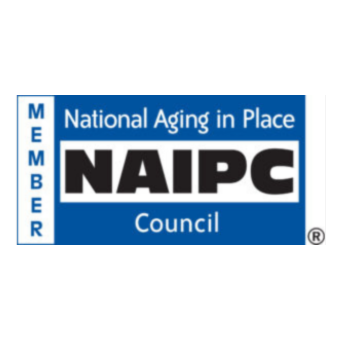The right support group can be a lifeline for a family caregiver. They provide a place – in person, online, or on the phone – to make friends, share feelings confidentially, get help leading a balanced life, and just learn from others who have walked a similar path.
There are many support groups for caregivers run by disease associations, social service agencies, faith-based organizations, medical centers, and more. Additionally, different groups often target different caregiving situations and relationships, such as adult children caring for their elderly parents or military caregivers.
There are also groups based on demographic affinity – for example, Spanish-speaking caregivers or millennials caring for their parents.
Connecting with a caregiver support group
You’ll find peer support in various settings, from Facebook groups and online forums with thousands of active users to meeting rooms at community centers.
Here are some places caregivers can connect with support groups serving particular caregiving communities or the larger caregiver population:
Alzheimer’s and dementia
- Alzheimer’s Association
- Dementia Caregivers Support Group
- Alzheimer’s and Dementia Resource Center
- Latino Alzheimer’s and Memory Disorders Alliance
- Memory People
ALS
Cancer
General
- AARP Family Caregivers Discussion Group
- Caregiver Action Network Care Community
- Caregivers Hub Support Group
- Caring for Elderly Parents
Heart disease and stroke
Mental health
Military
Spouses
Tips for Finding a Group That Fits (and fitting in)
Once you’ve identified a group that you think can be of value to you, then you’ll want to make sure that you’re comfortable with it and achieving maximum benefit from attending. Here are some tips that can help:
Get out of your comfort zone. When you first start to attend meetings, it can be intimidating to speak about personal subjects with strangers. It may take you a few meetings to feel comfortable contributing to the discussions or asking questions, but keep in mind that everyone there is in a similar situation as you, and they’re there for the same reasons you are: to get help from your caregiver path and to give support to others.
Find out what the format is. Does the group have a facilitator? A trained leader? Or does it use a participant-led format? Eventually, you’ll need to find this out since you may prefer one approach over another.
Ask about the group’s confidentiality policy. You’ll want to be in a group that follows Las Vegas-style rules: What’s said in the group stays in the group.
Choose a group that’s free to join. Firstly, be wary if a fee is being charged, unless it’s a nominal fee to help pay for a meeting room rental charge. However, some organizations may ask you to join and pay dues, like the nonprofit Well Spouse Association which charges membership dues of $30 per year to cover their costs.
HomeChoice Home Care Solutions has been providing in-home senior care in the Raleigh, Durham, Cary area since 2005. Our mission is to help older adults continue to live happily and independently at home.
Call us today at (919) 367-3318 to schedule your free consultation.







